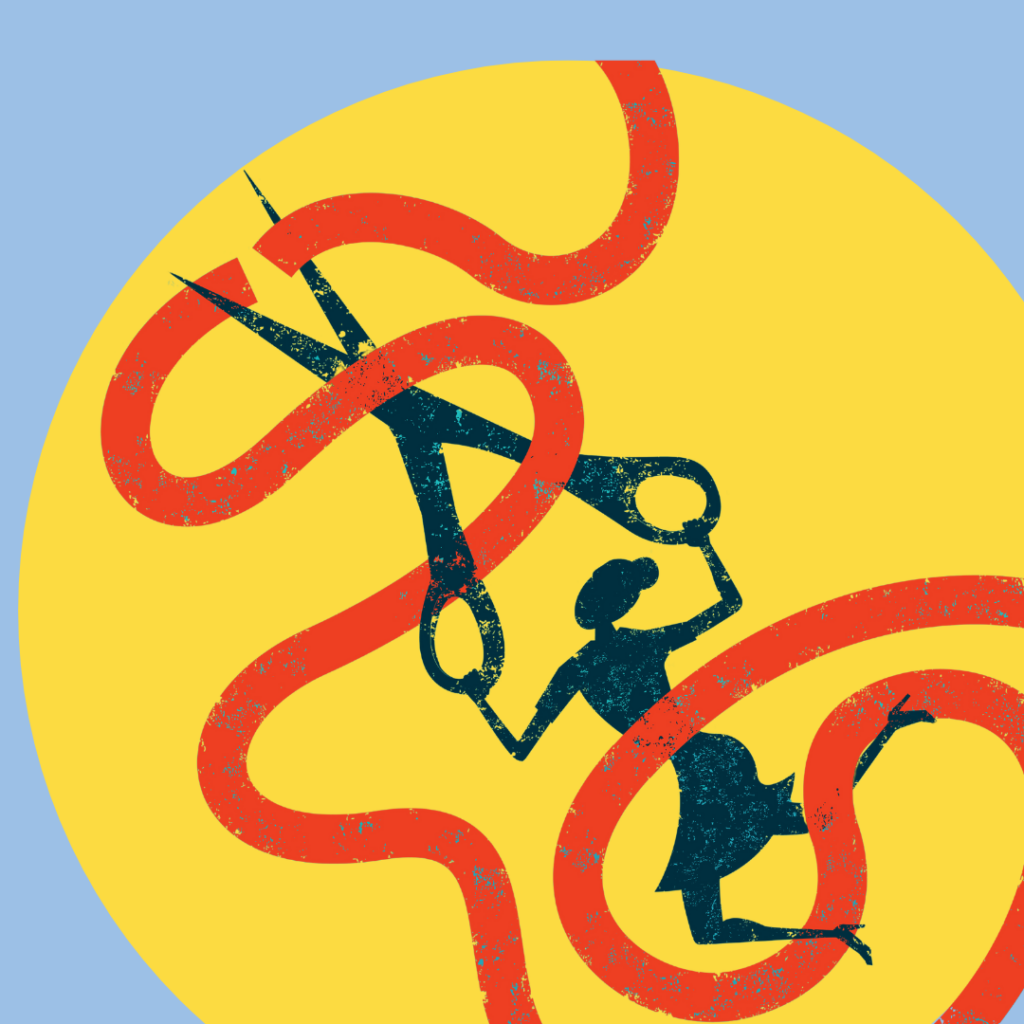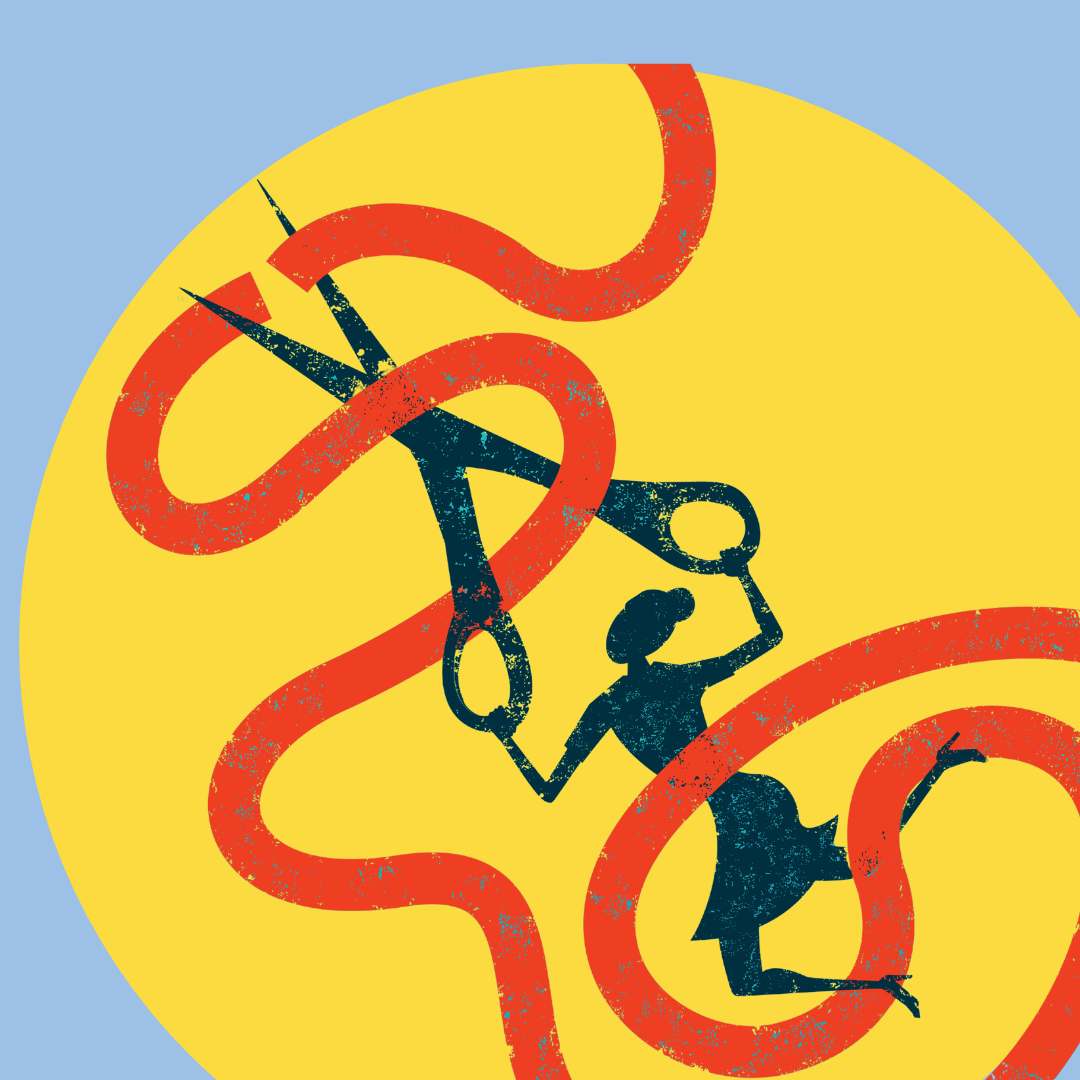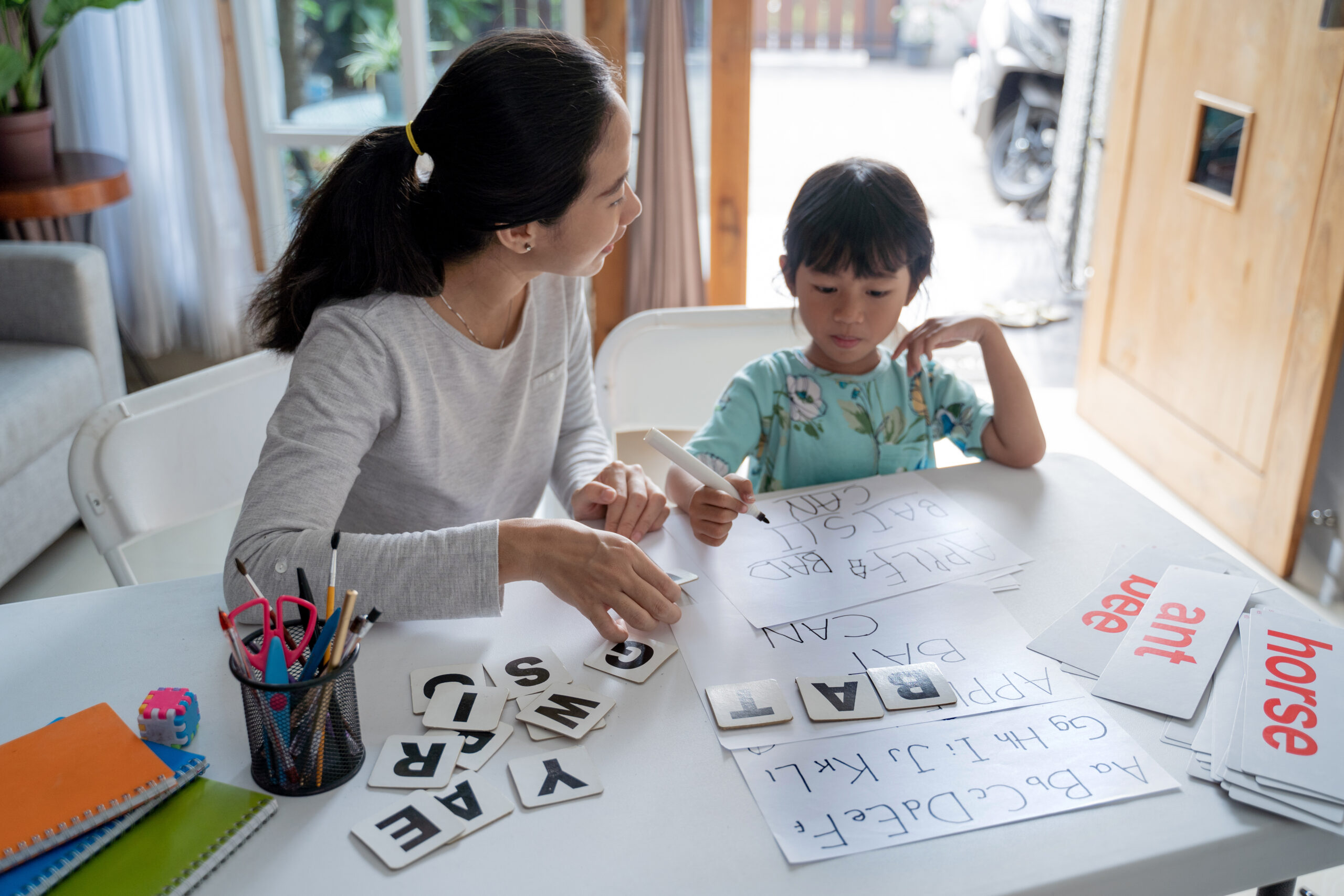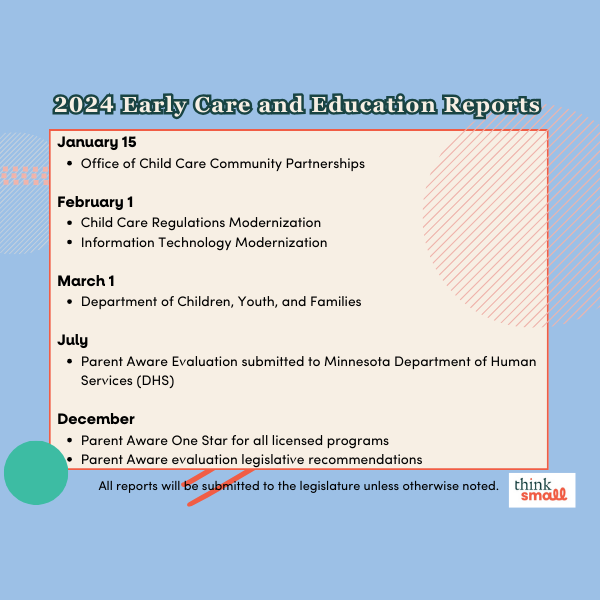On a recent Friday morning, early childhood educators, policymakers, and advocates gathered virtually to discuss a transformative vision for child care in Minnesota. Hosted by Think Small, the Small Talks event centered on reimagining child care licensing and quality assurance systems. The conversation was framed around the theme of “tinkering versus transformation,” with a call to move beyond incremental changes toward bold systemic shifts.
The Need for Change
Candace Yates, Vice President of Equity and Early Childhood Programs at Think Small, opened the event by reflecting on her 20 years in the field. She described the challenges posed by Minnesota’s current regulatory and quality assurance systems, which often burden providers with complex regulations while failing to adequately address accessibility, affordability, and quality. “Quality is not a destination; it requires continuous development,” Yates emphasized. She highlighted the need for a system that supports educators while meeting the evolving needs of children and families.
Minnesota is currently navigating two major initiatives: the Licensing Modernization Project launched in 2021 and the Parent Aware redesign started in 2022. However, Yates foreshadowed, “Putting them up against the WeVision approach, it’s easy to see that we really could push so much further and get to where we want to get to much faster.” Against this backdrop, Yates introduced a new approach inspired by the WeVision Early Ed Initiative.
A New Model for Child Care Systems
Marica Cox Mitchell, Vice President of Early Childhood at the Bainum Family Foundation and leader of the WeVision Early Ed Initiative, presented a vision for transforming child care. It was developed with a team of 35 “proximity experts” and then vetted nationally over two years gathering data from 2,000 additional individuals via an interactive conference exhibit. The initiative proposes a quality shift that would simplify child care systems by focusing state licensing on health and safety while moving quality assurance out of states to nationally recognized accreditation bodies such as NAEYC (National Association for the Education of Young Children) or NAFCC (National Association for Family Child Care).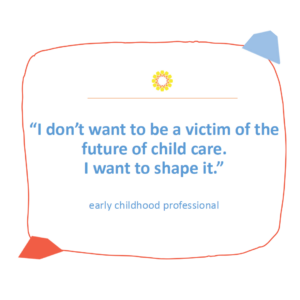
Mitchell argued that current systems are fragmented and overly complex, creating barriers for families and educators alike. “Families have told us, ‘There are too many siloed systems. I don’t understand all these star ratings,’” she shared. The proposed model would streamline regulations, allowing trusted caregivers and early childhood education programs to coexist while maintaining consistent quality standards for all licensed programs regardless of building type.
“Transformative change is not a choice—it’s a necessity,” Mitchell stated. She likened the process to a caterpillar’s metamorphosis into a butterfly: messy but essential. By leveraging existing accreditation systems rather than creating new state-specific standards, resources could be redirected toward supporting providers and ensuring affordability for families.
Lessons from Connecticut
Deb Fliss, Director of Quality Improvement at Connecticut’s Office of Early Childhood, shared insights from her state’s experience implementing a similar model called Elevate. Connecticut’s system uses three tiers—Member (baseline licensing), Member Plus (quality improvement plans), and Member Accredited (national accreditation)—to support providers in their journey toward higher quality.
Fliss emphasized that Connecticut avoided building costly infrastructure by relying on national accreditation systems as accountability mechanisms. “We wanted to invest our money in providers rather than infrastructure,” she explained. Providers receive free professional development, technical assistance, and financial incentives such as subsidies tied to accreditation status.
Since launching Elevate in 2022, while Connecticut is at the beginning of their journey with licensed family child care provider accreditation, they have seen promising results on the child care center front: 35% of programs are NAEYC-accredited, and 20% have reached Member Plus status. Fliss noted that flexibility is key: “Programs make their own choices about how they engage with us.”
Voices from Minnesota Providers
Two Minnesota child care providers shared their perspectives on how this model could impact their work.

Maria Harms, who runs a center in Redwood Falls, described the heavy regulatory burden she faces under current licensing standards. Holding up a thick book of regulations during her remarks, she said, “This is more pages than other industries.” Harms expressed enthusiasm for shifting quality assurance to accreditation bodies: “This would allow us to focus on health and safety while differentiating our programs through accreditation.”
Christina Valdez, director of Listos Preschool in Rochester, echoed these sentiments. She contrasted her positive experience with food program inspectors—who focus narrowly on health standards—with the punitive nature of child care licensing visits. “We want to focus on quality,” Valdez said. “Having clear standards would help us do that.”
Legislative Momentum
The event concluded with remarks from Representative Nathan Coulter (DFL-Bloomington), who recently introduced bipartisan legislation inspired by this model alongside Representative Danny Nadeau (GOP-Rogers). Coulter highlighted the importance of treating early childhood educators as professionals: “You are educators—this system should reflect that.”
The bill has garnered broad support across party lines and chambers in key committees at Minnesota’s legislature. Coulter described its potential impact: “By putting in place a better system that supports providers and centers the joy of serving children, we can keep more folks in business…”
Looking Ahead
This event marked the beginning of an important new conversation about child care transformation in Minnesota. As Marica Cox Mitchell reminded participants, imagining bold possibilities is the first step toward making them real: “What we cannot imagine cannot come into being.” With growing momentum from educators, advocates, and legislators alike, Minnesota may be poised to lead the way in rethinking how child care systems can best serve children, families, and providers.
If you would like to join the conversation or keep up to date on this initiative and other important Think Small legislative priorities, sign up for our policy updates.
Written by Ericca Maas, Think Small Advocacy Consultant
